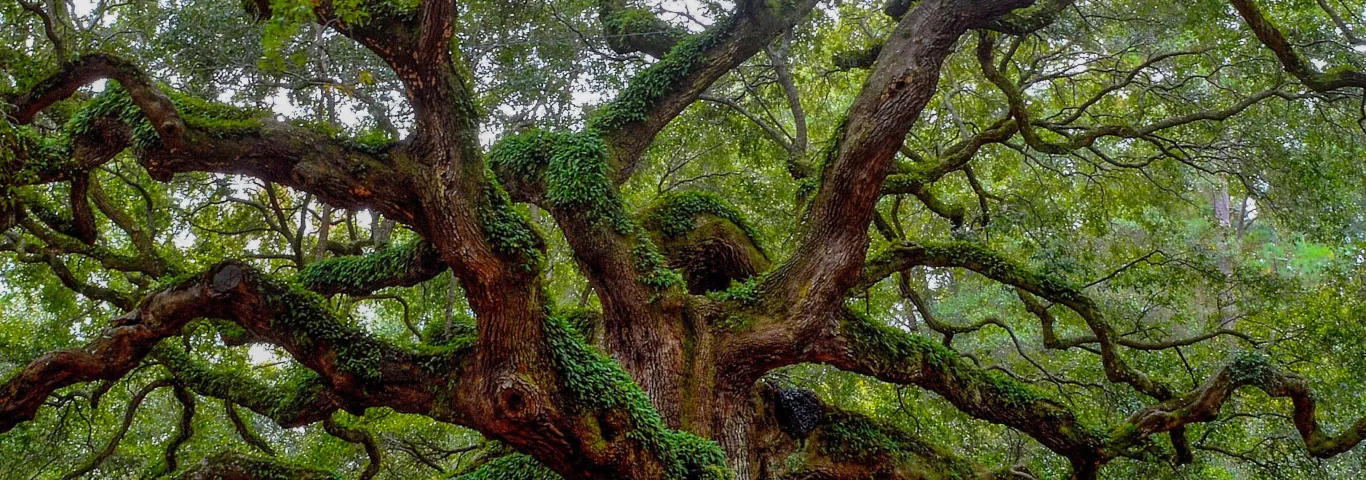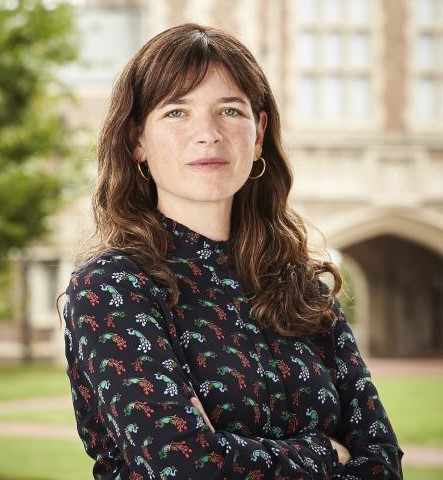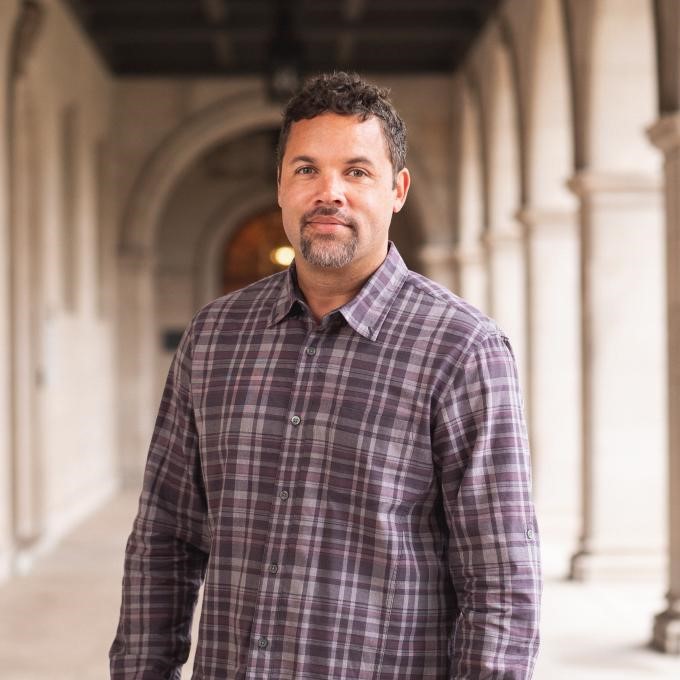
On Location 2023
May 16th to June 4th, 2023
Performing the Past: Black History and Collective Memory in Charleston and the Sea Islands
The content and methods of this course sit at the intersection of the instructors' Paige McGinley and Geoff Ward's shared interests in Black history in the Americas and practices and sites of collective memory and commemoration (including museums, monuments, live performance, heritage preservation, and "living history"). Charleston and the Low Country region of South Carolina (which includes the Sea Islands) is an ideal destination for an On Location course committed to exploring these topics.


Originally home to a number of Native communities, Charleston was the largest port of entry for enslaved Africans in the 17th and 18th centuries, and then became a major center for the buying and selling of the enslaved after the international slave trade was banned in 1808. Charleston's museums, heritage walks, and tourist guides adopt different strategies for representing this past. Most notable for our course is the soon-to-be opened International African American Museum, located on the site of Gadsden's Wharf, where the enslaved who survived the Middle Passage first arrived in North America. The area was also a major site of Black resistance, including the Stono Rebellion and Denmark Vesey Rebellion. The tradition of Black resistance continued through the twentieth century with the founding of the Citizenship Schools on John's Island, where civil rights activists Septima Clark (fired from Charleston Public Schools for her membership in the NAACP) and Esau Jenkins taught literacy to African American residents who had been denied education and were fighting for their right to vote. Quakers at the Penn Center on St. Helena Island offered Dr. Martin Luther King, Jr. a place of respite while he met with his colleagues in the Movement and penned his famous "I Have a Dream" speech. Finally, the Low Country and Sea Islands remain home to a sizable population of Gullah people, whose ancestors brought innovative agricultural strategies for rice cultivation from West Africa to North America and are now facing a new threat: climate change and rising seas.
This region is extraordinarily historically and culturally vibrant. And every aspect of Charleston and South Carolina's past and present--as well as its contemporary tourist economies--is informed by racial violence and resistance. How can such traumas be represented? What is at stake in making these pasts visible, and how do different modes of commemorating the past--museum exhibition, performances, cooking, crafting, and more--invite witnesses and observers to reckon with the past while prompting the reparative work necessary for a more equitable and racially just future?
